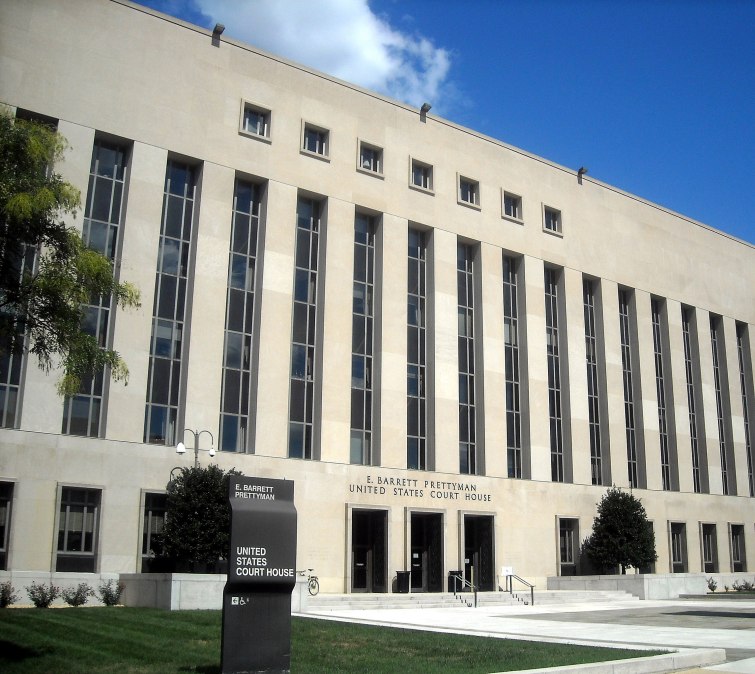Judge limits evidence ahead of False Claims Act case against NortonLifeLock

D.C. District Court Judge Rudolph Contreras limited evidence in a case where NortonLifeLock Inc. is accused of overcharging agencies on a General Services Administration contract, ahead of the trial’s Feb. 28 start date.
According to court documents, Contreras struck some “previously undisclosed opinions” from the Arizona-based cybersecurity software company’s demonstrative exhibits, at the federal government’s request, while denying the company’s cross-motion that would have allowed both parties to disclose exhibits only 72 hours before use.
The federal government; California; Florida and Lori Morsell, on behalf of New York, accuse Norton, formerly known as Symantec Corp., of violating the False Claims Act by misrepresenting the software prices and discounts available to agencies between 2007 and 2014. Norton’s contract required such disclosures and included a price reduction clause should private customers receive a better deal its software, as was the case.
Contreras agreed to exclude certain evidence in August offered by a Norton expert detailing which software sales should be included in damages and criticizing a government expert’s assumption that liability for damages should be tied to resellers’ and distributors’ sales. Both parties revised their exhibits accordingly in September, but the government accused Norton of using that time to introduce new opinions in its slides and filed a new motion to strike them.
The judge wouldn’t strike every new slide bullet point, including one criticizing the reasonableness of the government expert’s assumptions — arguing that’s different than criticizing the assumption itself, and in a bench trial a judge can recognize the difference. But he did strike a new summary of the government expert’s damages calculations because Norton failed to disclose it originally, in his decision dated Jan. 31.
Contreras also found the original exhibit deadline was reasonably met by both parties and, in an effort to resolve disputes over evidence pretrial, denied Norton’s motion to be able to revise them based on new testimony and evidence.
“The Court does not foreclose the possibility that under exceptional circumstances the parties may need to revise specific demonstratives between now and the start of trial, but it fails to see any gains in judicial efficiency by allowing the parties to continuously revise demonstratives on a rolling basis throughout trial and dealing with last-minute disagreements that could have been resolved weeks earlier,” Contreras wrote, in his memorandum opinion. “The Court therefore declines to modify the pretrial order as proposed by Norton.”
GSA and NortonLifeLock did not respond to a request for comment.

